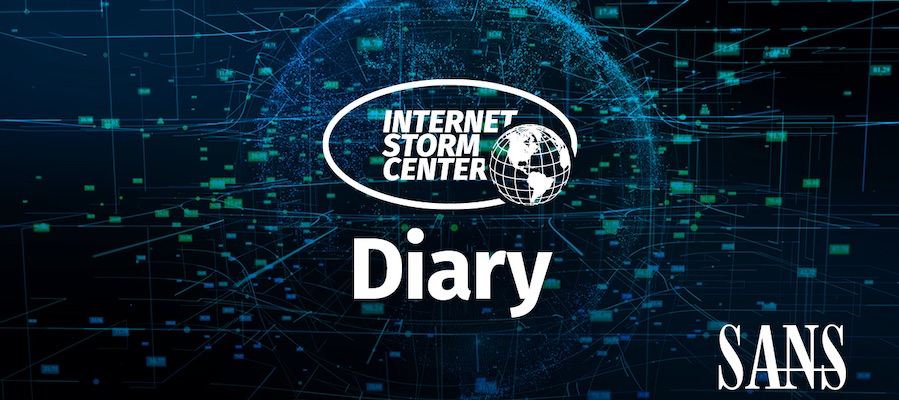Today, I published the following diary on isc.sans.edu: “Python Malware Using Postgresql for C2 Communications“: For modern malware, having access to its C2 (Command and control) is a crucial point. There are many ways to connect to a C2 server using tons of protocols, but today, HTTP remains very common
